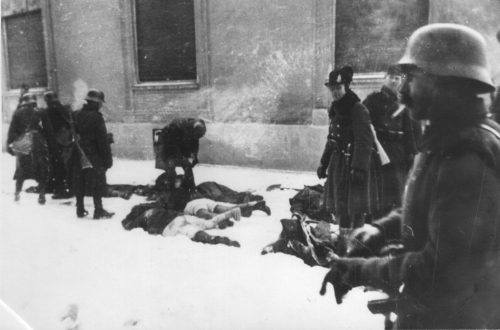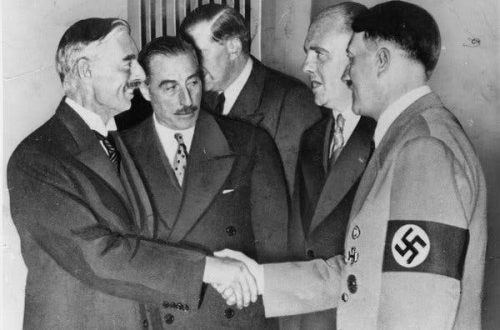The prestigious London School of Economics and Political Science (LSE) does not only put on numerous lectures that the public can attend, it also provides MP3 recordings of each of them and videos of some of them. Anyone with access to an internet connection can listen to or watch playbacks of these lectures without any additional cost over the cost of the internet connection.
The benefit to those people around the world who have not had the luxury of a formal education at an institution such as LSE, and even to those that have and just wish to broaden their education further, is immense. This project is not only a credit to LSE, it is a credit the United Kingdom and I hope that it continues for many years to come.
One lecture that I had hoped to attend in January but could not because I was otherwise engaged was Professor Niall Ferguson’s lecture entitled, “The Grand Strategy of Detente.” Professor Ferguson is writing a biography of Kissinger and this lecture was based on some of the research he has carried out to date for that book. I have now watched the playback (scroll down to Niall Ferguson’s lecture on January 18,2011 at 6.30pm) and I would encourage anyone with interest in the Cold War and specifically in Henry Kissinger to do so as well. Even for those who might be less interested in the subject matter, I would still advise watching the video as Niall Ferguson is captivating to watch. He does not just deliver a lecture, he provides a theatrical performance. I am sure many people who have sat through boring lectures by lecturers reading from a script would have wished they could have been taught by someone as talented and engaging as Niall Ferguson.
It seems that Professor Ferguson is going to provide a much more balanced view of Kissinger than many of Kissinger’s critics including the polemical attack written by Christopher Hitchens.
I mention this lecture for a particular reason: last summer I wrote a post for this blog where I argued that there was no evidence that the United States was behind General Pinochet’s coup d’état against Salvadore Allende in Chile in 1973. Numerous people in the comments box criticised me for this argument although nobody did come up with any evidence. Niall Ferguson discusses this coup (47:38 -48:24 ). He makes it absolutely clear that while he has not yet concluded his research, that in his preliminary research he “can find no evidence that the United States contrived the events of 1973, merely that they welcomed those events.” He added that the Pinochet coup was a surprise to the United States. I hope that the conspiracy theorists on this matter will stop making claims for a matter for which they have found no evidence.
After watching the Niall Ferguson lecture, I scrolled down for videos of other lectures that I might be interested in watching and noted that I could watch Saif Gaddafi’s lecture “Libya: Past, Present, And Future” that he delivered on May 25, 2010. This lecture has to be watched to be believed. Discussing the lack of democracy in the Arab world, he blames, among other things, “the legacy of colonialism” (8:12) and “the Arab-Israeli conflict” (10:25). However, the most amusing comment was the one where Gaddafi junior said, “In theory Libya is the most democratic state in the world” (16:35). Not only did the audience laugh at how ridiculous the comment was, Saif Gaddafi could not keep a straight face himself.
One thing that he did not predict when talking about the future of Libya was the chaos that his country would be plunged into 9 months after he delivered the lecture. There was no prediction that angry citizens would be on the streets of Tripoli demanding the end of the Gaddafi regime and for doing so they would be gunned down. So much for the theory that “Libya is the most democratic country in the world.”


